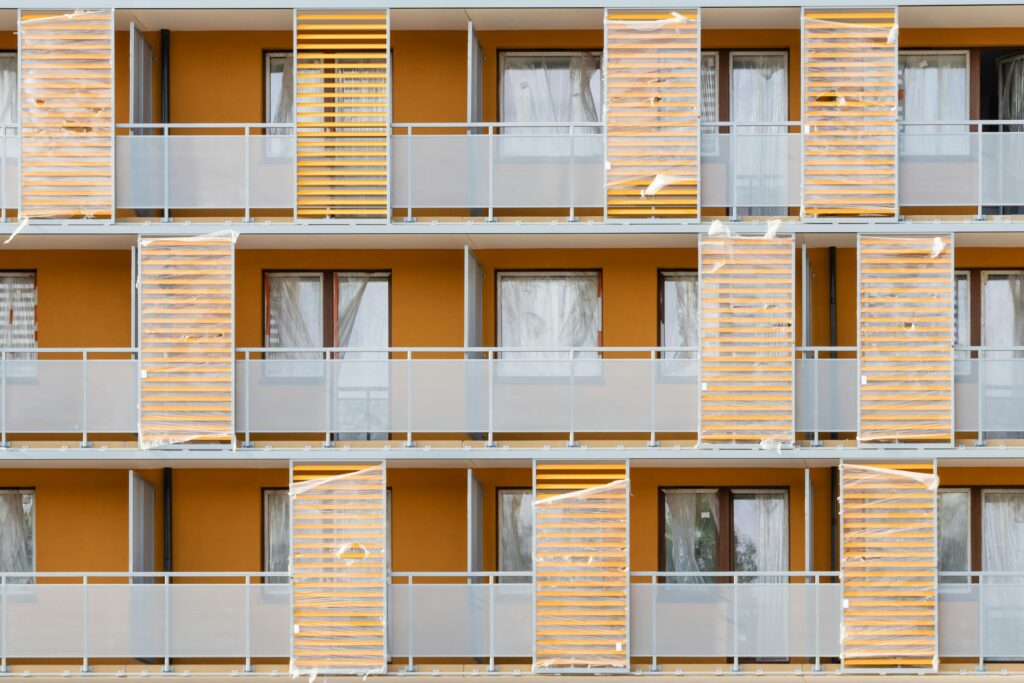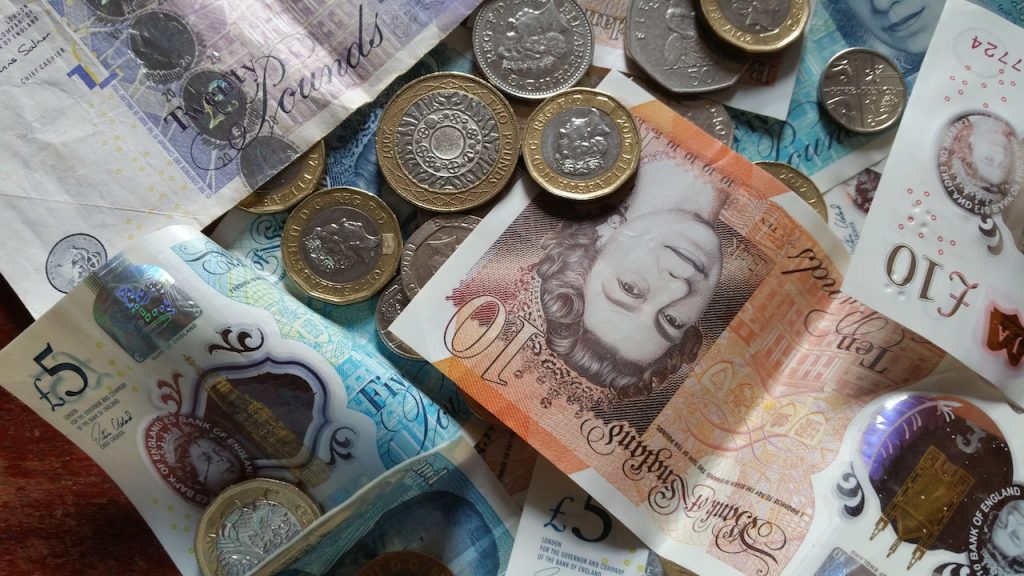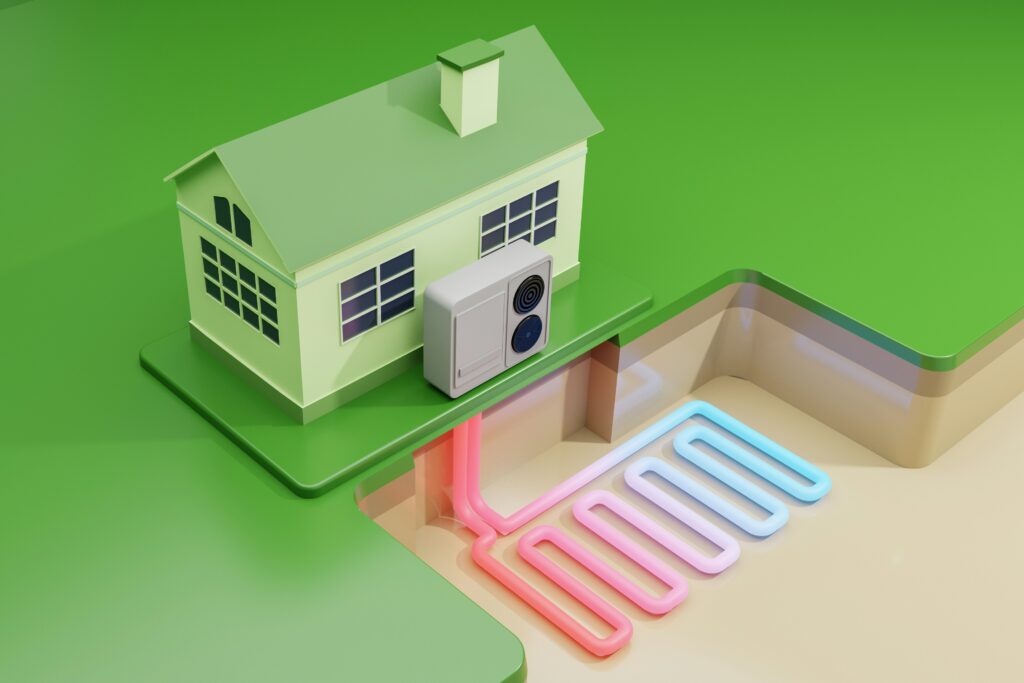How to Tell if a House is Overpriced When Buying

Estimated reading time 7 minutes
Buying a house is perhaps one of the more stressful life events you may put yourself through. Property chains, delays, uncertainty, stacks of legal jargon to work through, and ultimately, vast expense.
How do you know though that the price you see, the price you offer, or even the price you pay is justifiable for the property? Are you going to be offering way over the odds for a house or are you way under the true value of the house?
In this guide, we break down how you can tell if the next home you are looking to buy is overpriced, and how you could perhaps manage to find a way to get the asking price down to more realistic levels.
The ways to tell if a house is overpriced
Some key indicators can tell you a house is overpriced. Many of which you can spot without having to do much at all. Others may take a little more work.
Does the price compare well with the local market?
If you have your heart set on a particular property, before you go racing in with an offer, or perhaps even booking a viewing, study the local market. Check with the estate agents in the area to see how other similar properties are being priced. Does the one you are interested in match up?
Then consult the Land Registry. We all know that some estate agents may set high asking prices to secure the custom of the seller. The potential for a high sale can often be a lure for them. It is only when they find their home sitting on the market for months, with no viewings, that they realise it is an unrealistic price. Using the land registry will show you how much properties have sold for and whether this house is overpriced.
Sometimes, you may feel you don’t have a true representation of the house prices. If, for example, the house you are interested in is much bigger than those that have recently sold on the same street, it makes sense that the asking price is higher. In cases like this, you should make a rough estimate of what price you think is fair in comparison to the others nearby.
What condition is the property in?
After having a rough idea of the prices for the area, it would certainly be of benefit to look at the condition of the home. Does it require lots of work? Are there signs of wear and tear that make the property look dated? If so, and the prices are like other homes in the area, this house is likely overpriced.
What is the history of the property?
Has the property changed hands a lot? Has this seller struggled to sell it in the past? If you can answer yes to these two questions, there is every chance that the home is either overpriced or potentially faulty. Carry out a little more research, and you may find that you can get a lower offer accepted.
How long has the house been on the market?
Perhaps one of the most important factors in determining if a house is overpriced is the length of time it has been on the market. Market factors may indicate why a property has been listed for a long time. A recession, for example, slams the brakes on things like property purchases. Should the housing market be in a healthy condition, houses will be in high demand and sell much easier. Rather than be in high demand, and not selling. If the property you are looking to buy has been on the market for long periods, there is every chance that either the owners or the estate agent have set an unrealistic asking price.
What are the thoughts of other estate agents?
Estate agents are a canny bunch, and as a result, you may find that different agents have different opinions on similar properties. One estate agent valuation might value a property at £300,000, whereas another agent may price the same house at £250,000. By conducting a little research with a few local estate agents, you may find a truer representation of the house and see that it has been overpriced.
Find out how much is left on the lease
A house may look fantastic, have been well looked after, and be in a premium place, but there is still every chance that it has been overpriced. Find out whether the property is leasehold or freehold, and if on a lease, how long is left on the lease. A house with a short lease but priced the same as those in the area with longer-term leases is a house that is overpriced.
If a lease has less than 80 years remaining on it, the price should be significantly cheaper than that of a property with a long lease. You should see 10% or more knocked off the asking price when a property has a lease as short as this. Find out more about expired leases in our guide.
Remember the asking price is often intentionally too high
Quite often, a house is overpriced in the hope that interested parties make an offer at the listed price. Unless the property is listed as accepting “offers in excess of” you should feel confident in offering at least 10% less than the current asking price. It may not always work but if with the research you have carried out you feel sure the house is overpriced, go for it.
What can I do if my offer has been accepted but I find the house is overpriced?
Once your initial offer has been accepted, you should ensure that your survey is carried out. This will pick up any issues that could set you back large sums once you acquire the property and indicate whether the offer you made is truly justified.
Should the survey indicate faults that could cost thousands to fix, you should think about making a new offer at a lower price to reflect the costs this work will incur.
Why are some property prices so high?
Sometimes you may see a house and think it has been overpriced purely because it seems so vastly different from the others similar to it in the local area. Occasionally though, this higher pricing is justified, other times not so much.
The home has been significantly improved
Extensions, new kitchens, refurbed bathrooms and high-quality home improvements can all drive the value of a home up and justify its higher price. Reports have shown that solar panels can increase a house value, and a new kitchen or bathroom could see a further 10% added to the asking price. In cases like this, a home may not be overpriced but actually a fair representation of the work put into it.
The connection of the property to the owners
In some cases, owners have a particularly sentimental connection to their home, and if the sale has been forced upon them, they may feel a higher price may stop people wanting to buy it and allow them to remain there. Unfortunately, it doesn’t work like that. If a fast house sale is required, it often stems from a change in personal circumstances or maybe the threat of repossession.
In other instances, the owners may feel that this home holds special memories, perhaps the children grew up there, or perhaps it was the first home they purchased. Such milestones can lead to people blurring the lines between reality and sentimentality. As a result, they attach an unrealistic price to the home.
Whether you are selling or buying property, Bettermove can help. For those in need of a quick sale, we can secure a rapid property sale with a team of committed cash house buyers ready to secure your home. When selling to us, the sale can be completed in as little as seven days, however, if you need a longer, just let us know. We work to your timeframe.
Should you be looking to buy and either develop your portfolio or secure a new permanent residence for yourself, our wide range of properties for sale provides you with a fantastic array of tenanted and vacant properties. Speak to the Bettermove team today. Check out our ultimate guide to buying a house for more information.



